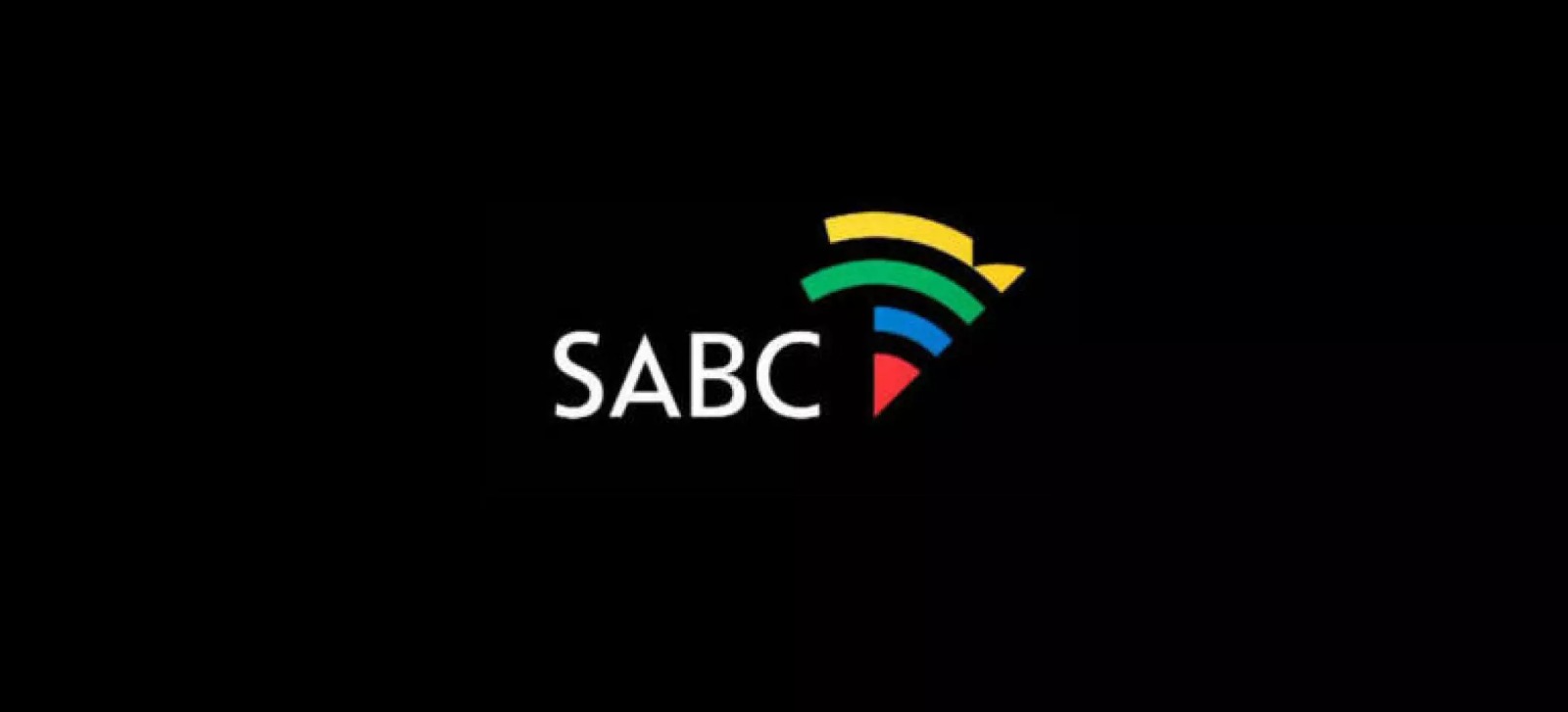Business
SABC Faces Blackout Warning: Signal Could End by December 2025

A looming silence for South African screens
Millions of South Africans may lose access to the national broadcaster by the end of the year. Parliament’s Communications Committee chair Khusela Diko has warned that the South African Broadcasting Corporation (SABC) is facing a total signal blackout unless urgent action is taken.
The warning comes as Sentech, the state-owned signal distributor, says it can no longer absorb the costs of carrying the SABC without payment. The company is losing more than R70 million every month to keep the broadcaster on air.
A broadcaster on the brink
SABC CEO Nomsa Chabeli confirmed the seriousness of the threat. She explained that if transmitters are switched off, the broadcaster’s channels will disappear completely from TV and radio. For many households, especially those who rely on free-to-air television, this would mean no access to daily news, sports, or local programming.
The SABC narrowly avoided a similar crisis in 2024. This time, however, both executives and parliamentary leaders agree the risk of a total shutdown has never been higher.
Who carries the cost?
Media Monitoring Africa’s William Bird argues that government policy is to blame. He says the state has effectively defunded the SABC by refusing to cover its signal distribution fees. Instead, the bill has been left to Sentech, whose financial model cannot sustain this drain.
“The scenario is catastrophic,” Bird warned. “The SABC’s finances are collapsing, and the government is failing to step in.” He believes the state should directly cover the costs of signal distribution as a public good.
The digital migration drag
South Africa’s drawn-out digital migration is making matters worse. Since 2008, the country has tried to shift from analogue to digital terrestrial television, but repeated delays have meant that Sentech must operate both systems at once.
This dual illumination has cost the state more than R1.2 billion over the past decade. In 2023/24 alone it cost R131 million, yet no new funding was set aside in the most recent budget. Sentech has been forced to carry the burden while waiting for the government to complete the project.
Viewers caught in the middle
The transition has also left millions of households behind. Indigent families were offered free set-top boxes, but many never received them. Meanwhile, the “missing middle,” households too wealthy for subsidies but unable to afford their own equipment, remain at risk of losing television access altogether. Broadcasters fear that this gap will mean a permanent loss of viewers once analogue is finally switched off.
Why this matters
The SABC is not just another broadcaster. It is the country’s primary source of free-to-air content, from current affairs to cultural programming. A blackout would silence a platform relied on by millions of South Africans every day.
With the clock ticking towards December, the crisis highlights a bigger question: how long can the country delay tough decisions on public broadcasting, digital migration, and the future of free access to information?
Also read: South Africa’s Economy Beats the Odds with Surprise GDP Growth
Follow Joburg ETC on Facebook, Twitter, TikT
For more News in Johannesburg, visit joburgetc.com
Source: MyBroadband
Featured Image: OkayAfrica















